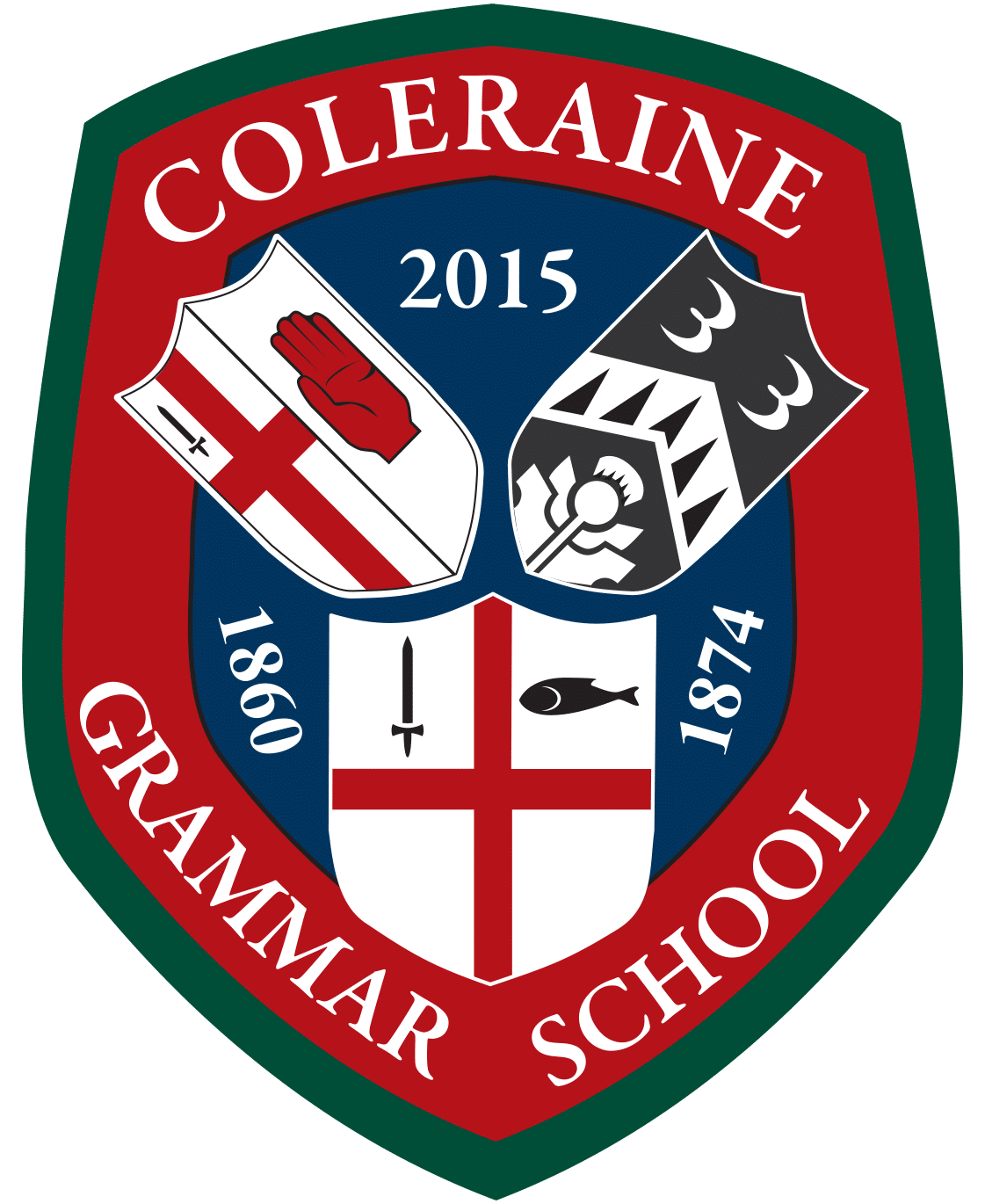The Biology Department aims to stimulate and excite pupils’ curiosity about and interest in the living world around them.
In this section

Biology
Biology is the study of living organisms which includes their structure, functioning, evolution, interrelationships and distribution.
Biology Staff
- Mrs J Gregg B.Sc. PGCE
- Mrs L McErlain B.Sc. PCGE (Curriculum Leader)
- Mr B Overend B.Sc. PGCE
- Ms N Ramsey B.Sc. MSc PGCE
- Mr D Stewart B.Sc. PGCE
- Technicians: Mrs A Scott, (Castlerock Road), H Pickering BSc. (Lodge Road).
The Biology Department strives to inspire, motivate and challenge pupils through a broad, coherent and practical programme. Pupils are encouraged to develop their curiosity about the living and acquire insight into and experience of how science works.
Pupils study CCEA GCSE Biology specification which is comprised of:
Unit 1: Cells, Living Processes and Biodiversity (35%) and is assessed in the form of a 1 hour written examination which takes place at the end of Year 12
Unit 2: Body Systems, Genetics, Microorganisms and Health (45%) and is assessed in the form of a 1 hour and 15 minute written examination which takes place at the end of Year 12.
Unit 3: Practical Skills Unit – Controlled Assessment (25%)
This unit encompasses a piece of internally assessed practical work.
Pupils study AS and A2 CCEA Biology specification which is comprised of:
Unit 1: Molecules and Cells (40%) which involves the study of molecules, enzymes, DNA technology, cells and continuity of cells
Unit 2: Organisms and Biodiversity (40%) which involves the study of transport and exchange in plants and animals, adaptations and biodiversity.
These units are assessed in the form of two 1 hour 30 minute written examinations at the end of Year 13.
Unit 3: Assessment of Investigational and Practical Skills in Biology (20%)
This unit aims to give students the opportunity to carry out practical work and is assessed in the form of two internal practical assessments.
Unit 4: Physiology and Ecosystems (40%) which involves the study of co-ordination and control, homeostasis, immunity and ecosystems.
Unit 5: Biochemistry, Genetics and Evolutionary Trends (40%) which involves the study of respiration, photosynthesis, DNA, evolution and classification.
These units are assessed in the form of two 2 hour written examinations at the end of Year 14.
Unit 6: Assessment of Investigational and Practical Skills in Biology (20%)
In this unit, students are required to plan and carry out one internally assessed investigation.
